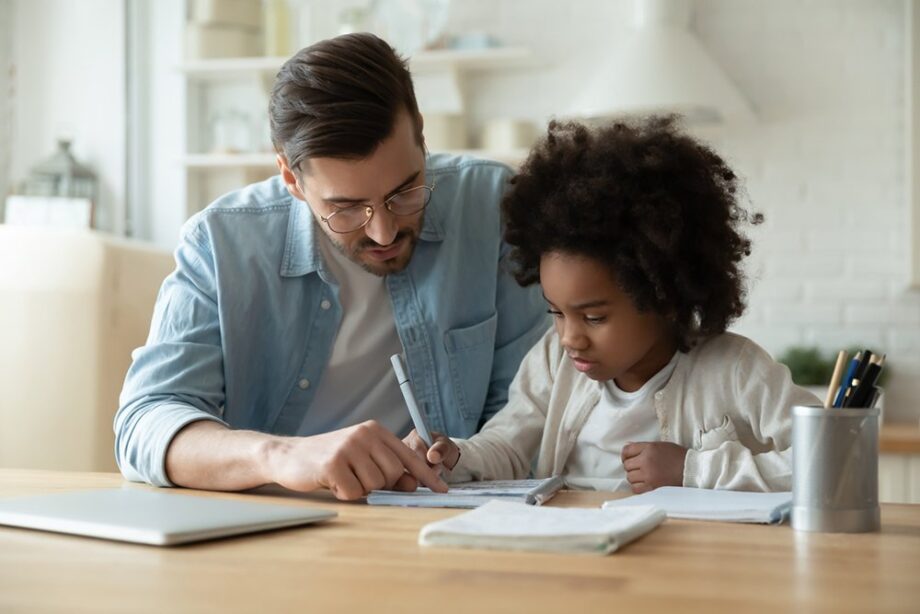Thinking back to the end of winter-break 2020 and you will likely be humbled in realizing how little we knew of what would lay ahead for us in the months to come. It's safe to say that no parents thought they would be spending 2020 learning how to home school their children.
All over the world, parents have taken to social media to vent about how hard it is to replace their children’s schools and teachers. Math and science have been forgotten by many parents long removed from being students themselves. Recalling how an essay must be constructed or the exact difference between a colon and a semi-colon might have been laughed off as an easy task, but since quarantine, the tides have turned.
Even the smartest and most accomplished parents can’t recall every subject they learned in school years ago nor can they be subject matter experts in each topic – including sex education.
As a sex educator and former kindergarten to grade 12 teacher myself, I often get frustrated when people comment that sex ed should stay in the home. I agree that parents should partner in this aspect of learning and fold in their experiences and beliefs with the core tenants of anatomy, physiology, and hygiene, but sex education, if done comprehensively and well, requires so more than know how to use a condom or which way the uterus tilts.
That is where trained and certified specialists come in. We, who have dedicated our lives to studying the medical, social, and pedagogical aspects of sexuality, know that addressing all of the concepts and concerns that students need information on is no small task.
Now with the educational landscape evolving parents need to help out more than ever before in teaching sex ed. So, where does one begin?
Here are four tips for making sex education homeschooling a positive and productive experience for both students and parents.
1. Start by unpacking what you think you know.
Just because you are a grown person with sexual experience doesn’t mean you know everything there is to know about sex. The fact of the matter is that many of us received subpar to zero sex education ourselves.
This means that many adults can’t name the parts of the reproductive system or give a comprehensive explanation of affirmative consent. Instead of pretending you know all the answers start by sharing with your kids what information you were given that wasn’t great and what you now realize you wish you had known. Then go on this learning journey together.
Read: Giving and Obtaining Consent: How to Give Your Kids the Lessons You Probably Never Got
2. Gathering your resources.
The great news in living in the day and age of the internet is that we now can find resources for inclusive and medically accurate sex education for any age group all at the click of a button.
There are tons of great books, like Sex is a Funny Word by Cory Silverberg, as well as videos, such as Visible Body, that can help you explain concepts to your children. You can also purchase a pre-made curriculum.
Read: Talking to Your Kids About Sex: How to Get Started
3. Don’t make it out to be something it’s not.
Sex education should not be fearful, stressful, or confusing. Remember you have resources for the aspects of the conversation you need support with, but you also have plenty to share based on your own experiences and observations.
Sharing with your kids about both positive and negative sexual experiences you have had, what body love and acceptance has meant to you, and what you wish you knew to make relationships you have had healthier are all-powerful and bonding talks to share.
Read: Top Sex Questions from Kids (and How to Answer Them)
4. Have fun!
Ultimately this should transform something that many families struggle to discuss into something that is joyful and engaging. Sex is so much more than procreation or disease avoidance – it is one of the most wonderful parts of the human experience.
Focusing on the beauty that is sexuality is a gift we can give our children that will then be passed on to future generations.
This time of quarantine and global uncertainty has been challenging to say the least. Without minimizing all that we have faced and lost, we can also look for the good and find it. Taking a more active and informed role in teaching sexuality education, with all its nuances, should be a thing to cherish and enjoy.
Who knows, you might even end up learning something yourself.




